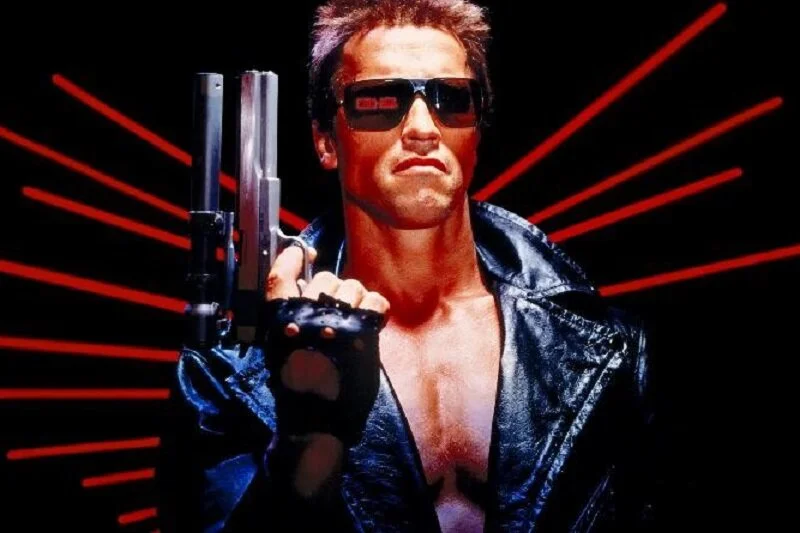Is Hitchcock's North by Northwest Overrated?
North by Northwest. Image courtesy of MGM.
I took a film history class at UCLA many years ago, which was all about the films of Alfred Hitchcock. I remember trying to argue in my final essay that Hitchcock’s films were overrated, and essentially just excuses to indulge his passion for silly spectacle with no deeper meaning behind them at all. I argued that there are numerous other filmmakers - even among his contemporaries - who blended spectacle more effectively with thematic depth.
The TA who graded my paper disagreed quite strongly, saying that I was wrong and giving me a bad grade. He kept referring to the Steve Martin film Cheaper by the Dozen as if that was irrefutable proof that films were always better and smarter during the Cold War. This is one reason why UCLA’s practice of outsourcing all of its grading and student interaction to idiot fucking graduate students irks me to this day. But I digress.
I still think I was right, and moreover - I’m pretty sure Alfred Hitchcock would agree! In his interviews with Francois Truffaut he was very upfront about the fact that his philosophy was one of pure cinema - visual language, spectacle, the essence of film. Plotting and characters and acting were secondary to his obsession with staging elaborate visuals.
Sure, his films are steeped in certain recurring themes - imprisonment, voyeurism - that reflect his tortured inner psychology, but the genius of Hitchcock was really the way in which he was able to take these things and distill them into purely visual experiences. This is hardly a controversial opinion - Hitchcock himself said it! He referred to actors as cattle, and spoke at length about the use of MacGuffins which are meaningless plot devices that exist simply to propel the story from point A to point B.
Now, if the point of your film is simply to celebrate and elevate spectacle - that is absolutely fine! One of the greatest films of the last decade, Mad Max: Fury Road, did just that. But it’s not necessarily a hallmark of great writing or something that needs to have its thematic content analyzed in any great depth. In fact, when plot devices are simply created in order to move the narrative around it’s usually indicative of sloppy writing. But, you know, Hitchcock gets a pass because he was the best as it. Or something like that.
North by Northwest is one of my favorite examples of this. I don’t particularly like this movie; I think the plot is completely nonsensical, to the point where it becomes kind of distracting. Take the scene at the United Nations, when some guy gets a knife thrown into his back. Why does Carey Grant grab the knife sticking out of this guys back??? Here’s the scene:
North by Northwest. Image courtesy of MGM.
Why would you grab someone who had just had a knife hurled in their back like that? You wouldn’t! There is no way to explain this except that, in the silliest way possible, Hitchcock wanted to make sure that Carey Grant kept being wrongly accused of murder because that, and only that, is the entire point of North by Northwest. The plot, the character actions, none of them make any fucking sense at all. Everything that happens is merely an excuse to move us along to the next set piece, most famously when a crop-duster appears and tries to kill Carey Grant in the middle of a cornfield, which is just a terribly illogical way to try and kill someone.
Now, as a bit of mindless diversionary entertainment I think North by Northwest is great fun. I think that is what Hitchcock meant it to be. I think that it is not a film with any thematic depth, or any hidden meanings or symbolism hiding in plain sight just waiting to be plumbed, an allegory about Cold War deception or moral relativism. Is it better than Cheaper by the Dozen? Of course. But every aspect of the plot, characters and dialogue is just an excuse for more spectacle.
And that is of course completely fine. But when we talk about Hitchcock and his films, it’s important to understand what they were and what they weren’t. He was a great maker of cinematic experiences, of spectacle and the language of film.. But his films cannot touch those of contemporaries like Billy Wilder or Orson Welles when we start talking about the quality of the writing, the complexity of the narrative structure or the thematic depth.






